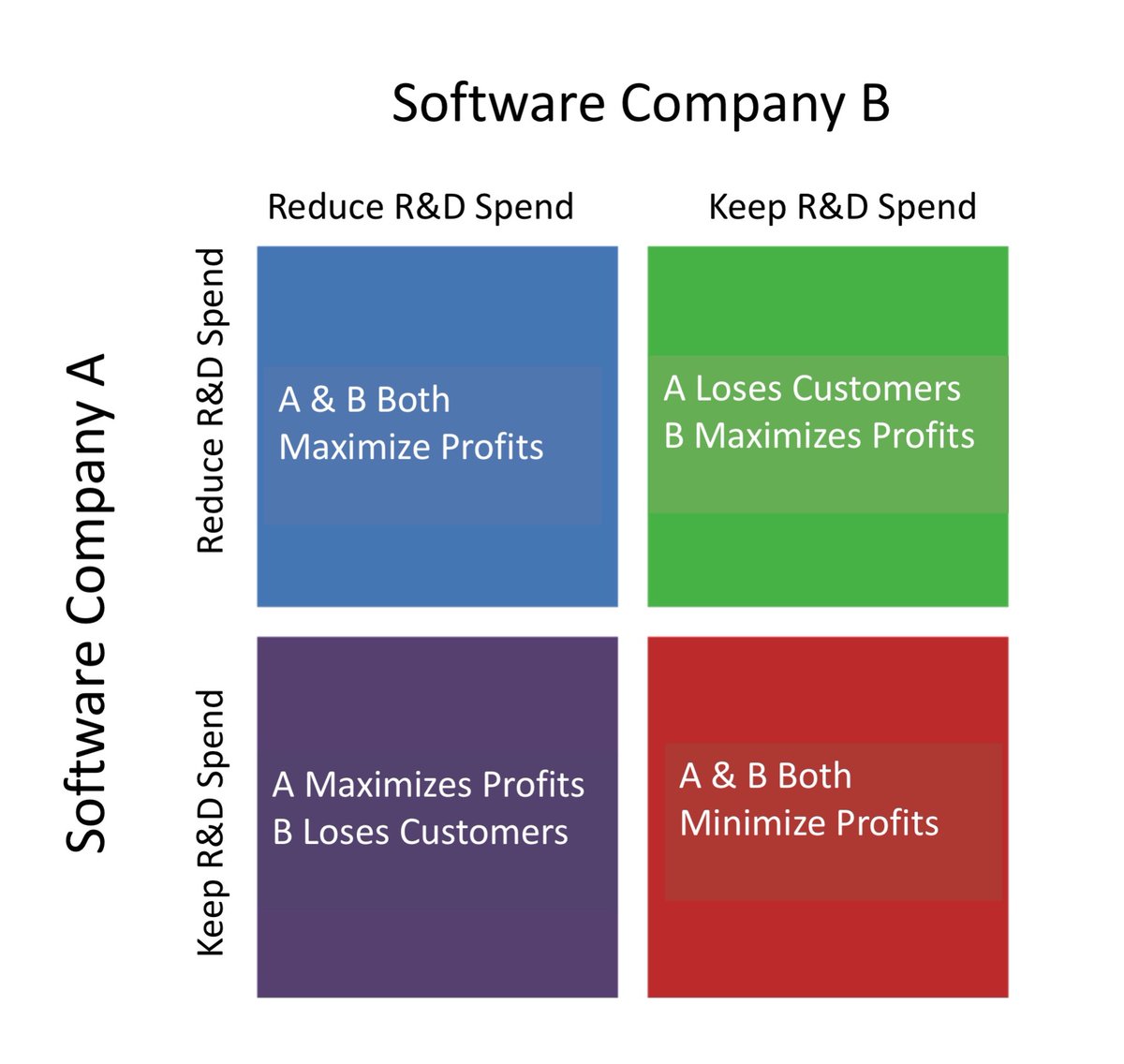How to get URL link on X (Twitter) App

 The 5 largest industries for LLCs within the top 0.1%:
The 5 largest industries for LLCs within the top 0.1%:

 1️/ Fragmented Industry:
1️/ Fragmented Industry:
 This chart makes reallocating capital look very easy. Eloquent transition from textiles (low ROI) to insurance and banking (higher ROI) in a span of just 5 years.
This chart makes reallocating capital look very easy. Eloquent transition from textiles (low ROI) to insurance and banking (higher ROI) in a span of just 5 years.

 It's so poorly marketed. Many Canadians think the TFSA is just a savings account, and if it happens to generate some tiny interest amount, cool.
It's so poorly marketed. Many Canadians think the TFSA is just a savings account, and if it happens to generate some tiny interest amount, cool.

 This chart was taken from the book Deals From Hell. It’s a great read, I recommend checking it out. twitter.com/i/web/status/1…
This chart was taken from the book Deals From Hell. It’s a great read, I recommend checking it out. twitter.com/i/web/status/1…

 #1 - Tight Control & Ownership
#1 - Tight Control & Ownership
https://twitter.com/rpnickson/status/1647548141384736770There are no laws being broken here, right?



 I won’t comment on whether this was a good or bad move, it’s too easy to judge bets in hindsight.
I won’t comment on whether this was a good or bad move, it’s too easy to judge bets in hindsight.https://twitter.com/prefshares/status/1607217636651274241

 To provide more context - Wesray Capital (pioneer in LBOs) acquired Gibson for $80m for which they:
To provide more context - Wesray Capital (pioneer in LBOs) acquired Gibson for $80m for which they:
 Coca Cola paid a 75% premium to buy Columbia Pictures, and then ran the company into the ground.
Coca Cola paid a 75% premium to buy Columbia Pictures, and then ran the company into the ground.
 On his early career:
On his early career:
